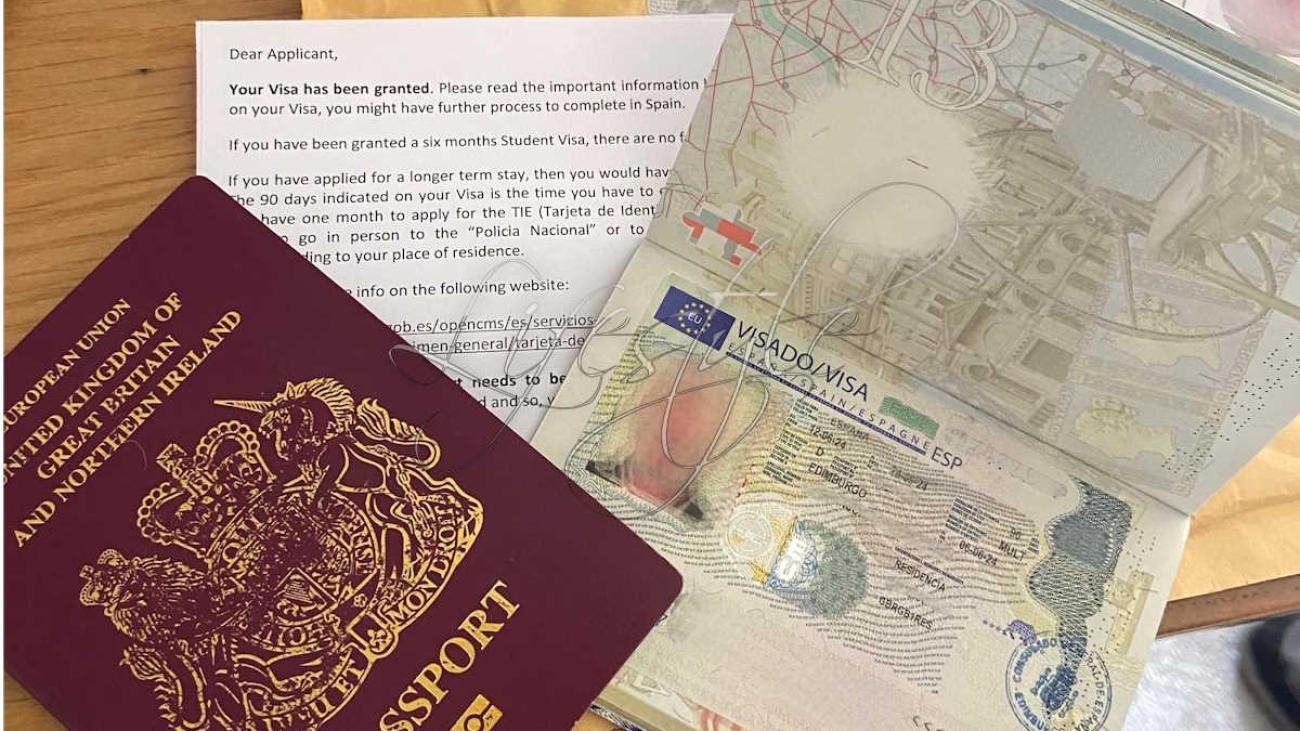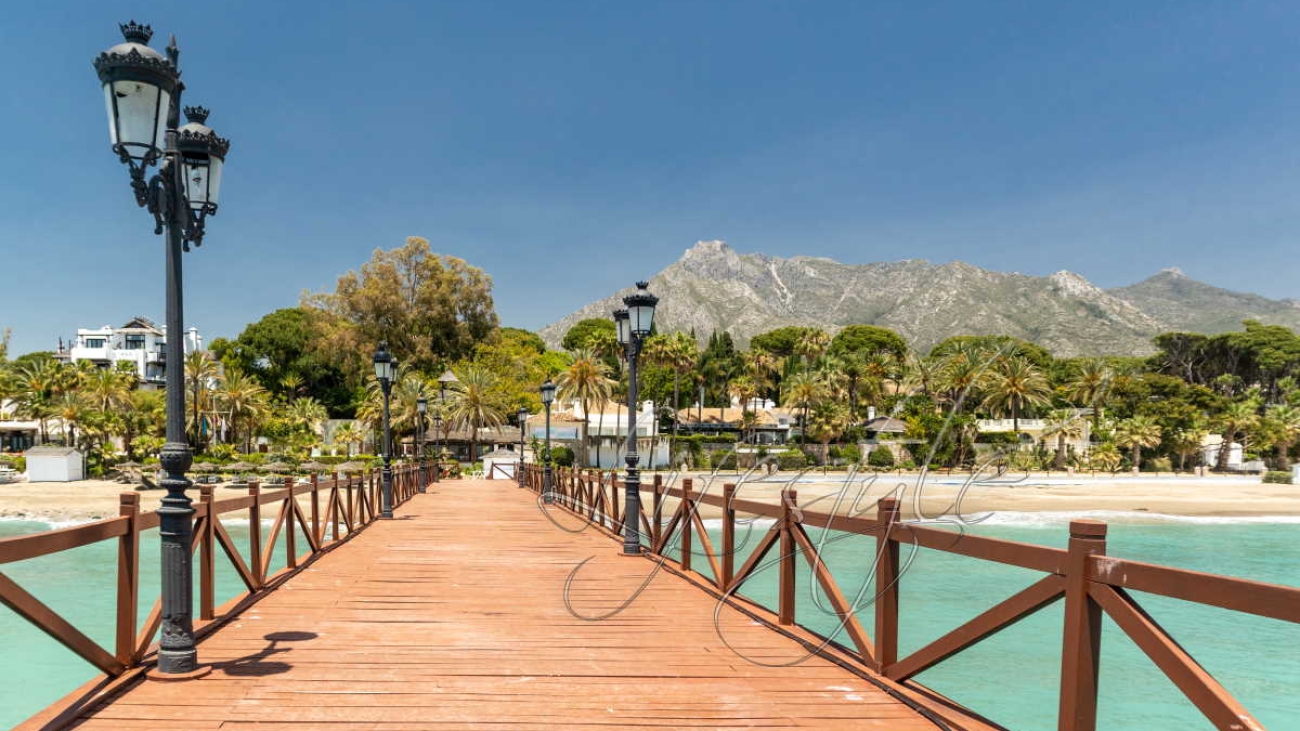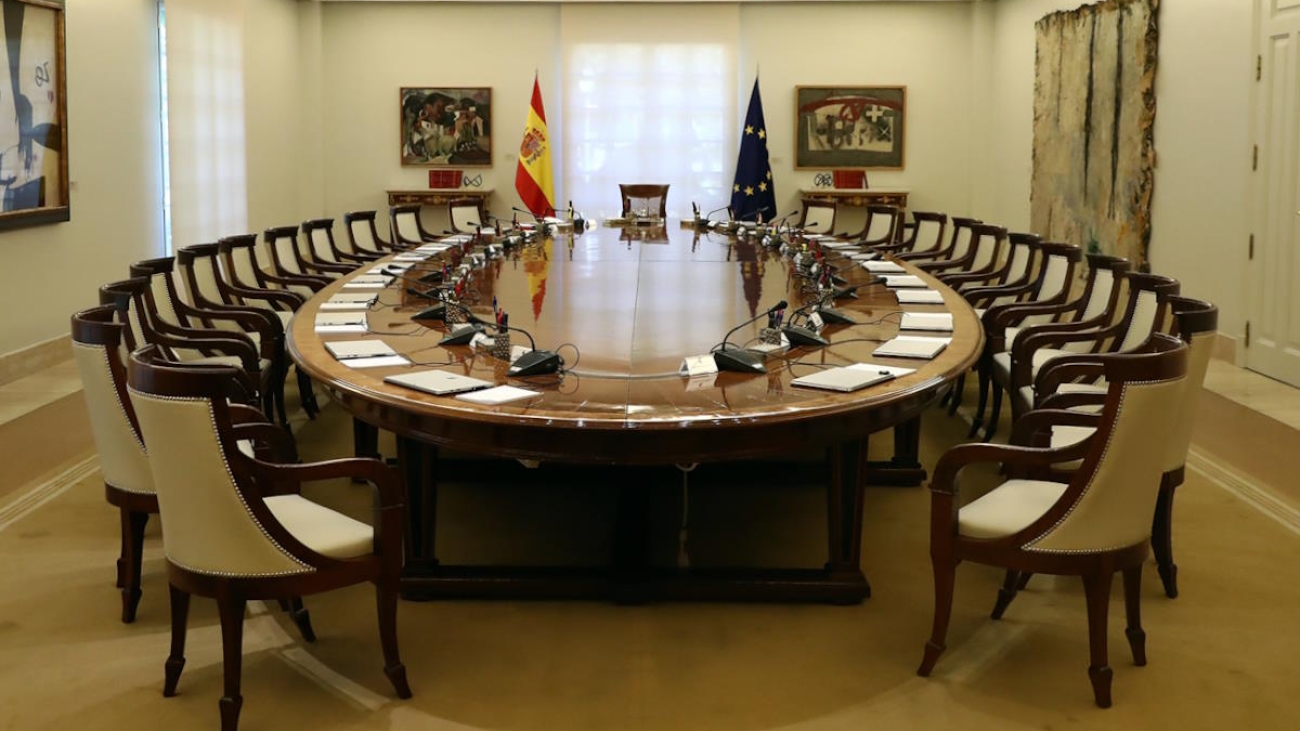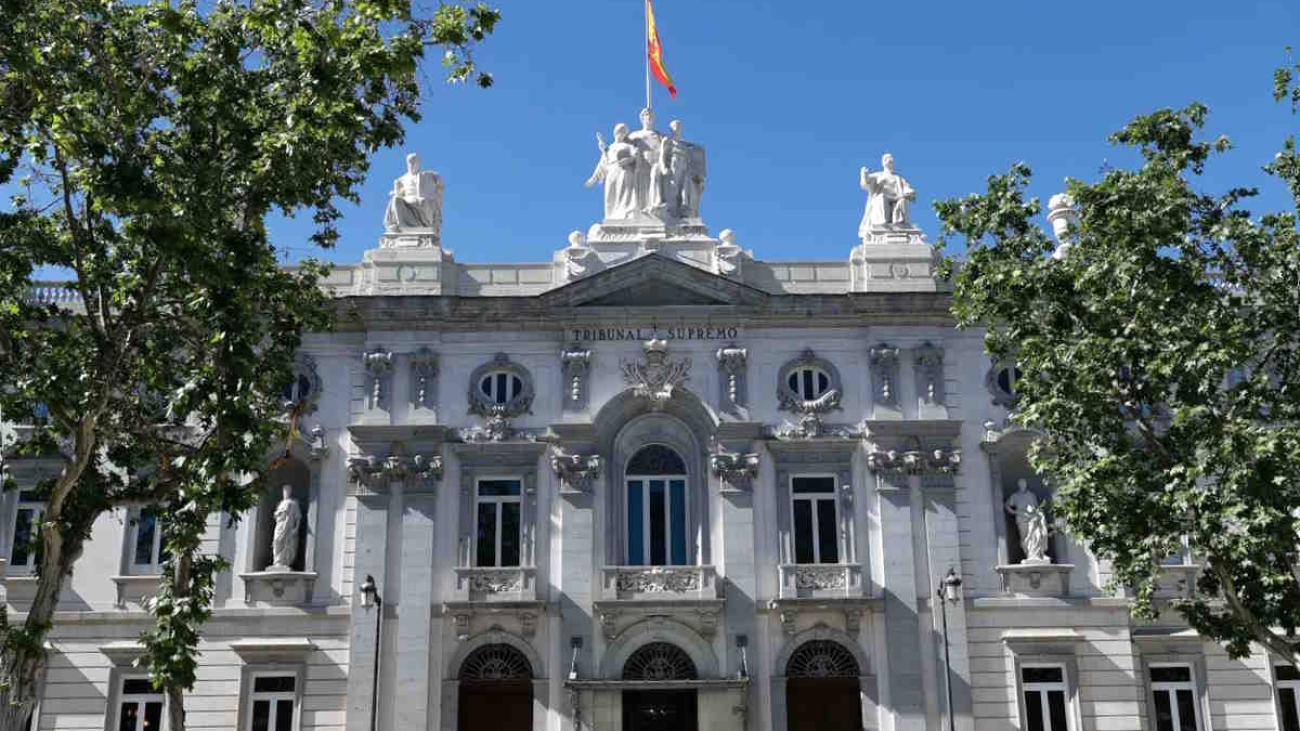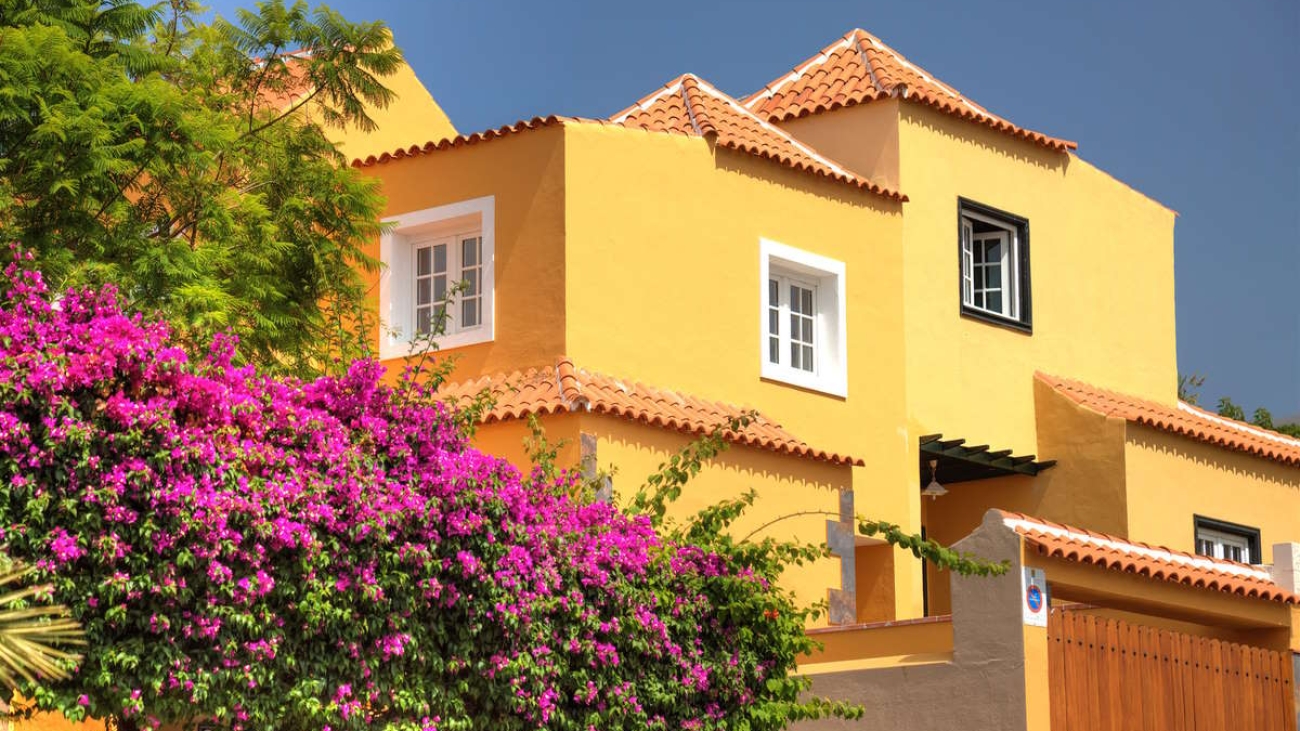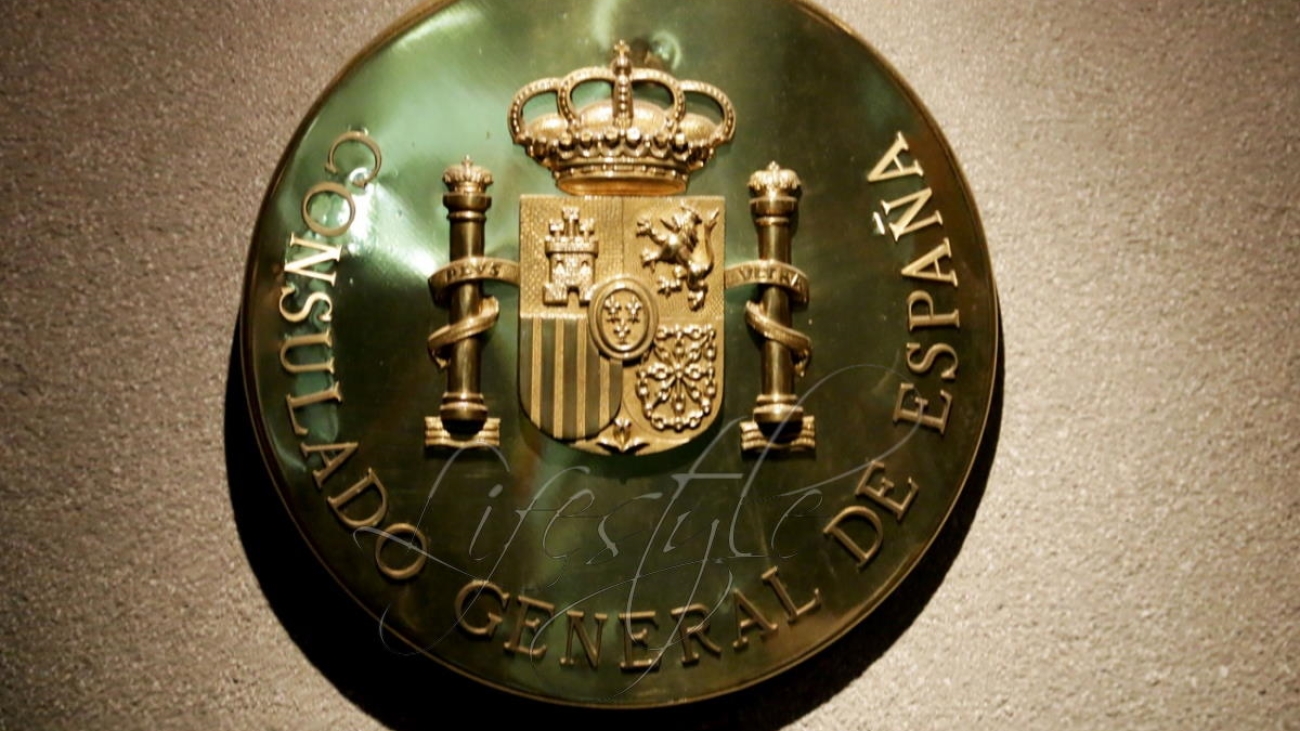In 2024 Spain implemented significant reforms to its immigration laws to enhance migrant integration and address labour market needs.
Key Spain rule and law changes that are relevant to people that are not citizens of EU countries who are looking to move to Spain include:
Property Investor ‘Golden Visa Residency
In November 2024, the residency scheme for property investors, or ‘Golden Visa’ as it’s commonly known, was deleted from the Law, (Ley 14/2013, de 27 de septiembre, de apoyo a los emprendedores y su internacionalización), that brought it into being. As of 3rd April 2025, the ‘Golden Visa’ is no longer available to new applicants. Existing holders of the visa / residency and their family members can carry on renewing their residency, for as long as they continue to qualify under the rules as they were. New applications by family members of existing holders are also possible.
Non-Lucrative Visa
An update to another law published in january 2025, (Real Decreto 1155/2024, de 19 de noviembre, por el que se aprueba el Reglamento de la Ley Orgánica 4/2000, de 11 de enero, sobre derechos y libertades de los extranjeros en España y su integración social), adds a condition of renewal that the applicant must ‘have actually and effectively resided in Spain for more than one hundred and eighty-three days during the calendar year’.
This counters the September 2023 Spanish Supreme Court ruling which declared null, the article of law that allowed temporary residence permits to be terminated when there had been absences from Spain for more than 6 months in the year.
This means that becoming tax resident in Spain is now a requirement for anyone who wants to renew their non-lucrative residency on an ongoing basis. The same article also notes that at renewal, ‘failure of the foreign person to comply with their tax and social security obligations during the validity of their authorization, will also be checked and assessed.
Other changes in the same law also defined specific details that documents from foreign institutions such as bank statements must include. These are listed as:
a) The business name or full name of the bank or credit institution, as well as its address.
b) The complete identification of the accounts.
c) The date of opening or cancellation or, where applicable, the dates of granting and revoking the authorization.
d) The account balances as of December 31 of the year prior to the year in which the application is submitted and the average balance for the last year.
Although not mention in this law, we have experienced an increasing number of requests from immigration for foreign bank statements to be certified by a notary public and legalised and translated.
Other Visas & Residency
Student Visa
For those who come to Spain to study higher education for more than one year they will now not hhave to renew their residency permission every year. The initial permit will be vaild for the full duration of the period of study.
Options for working up to 30 hours per week, while studying and or getting a work permit after finishing studies are also improved.
Undocumented Immigrants
Changes in the Law lighten the requirements for individuals who are in an ‘irregular residency situation’ who wish to get themselves straight. Theses changes include shortening the period of ‘irregular reidence’ from three to two years, removing the requirement of proving integration where the individual has immediate family that are permanently resident in Spain, and second chance for those who have not been able to renew the residency that they had.
According to new agency Reuters, Spain plans to regularize approximately 300,000 undocumented migrants annually over the next three years to address labor shortages and sustain its welfare system amidst an aging population.
All of these changes, effective May 20, 2025, aim to streamline the processing of residence and work permits, aligning with national regulations and European directives. They reflect Spain’s commitment to improving migrant integration, addressing demographic challenges, and ensuring that immigration policies align with labour market needs.
Property Tax of 100% for Non-EU Buyers
Despite what you may have seen or heard, a 100% property tax for non-EU buyers of property has not come into affect and is unlikely ever to. It was simply an idea put forward by the Prime Minister as a measure to help address some significant imbalances in Spains property market.
Foreign buyers make up around 15% of ther overal market, and this percentage includes nationals of EU countries (approximately half) and Non-EU nationals who are resident in Spain. The actual percentage of non-resident non-EU national buyers is really quite small, so bringing in such a tax woudl have little effect.
In any case even if this tax were to come in, it should not scupper anyones plans for buying a property and moving to Spain. All they’d have to do is move first and then buy which is what a lot of people do anyway, i.e. rent for 6 to 12 months to explore, get a feel living in Spain and find that perfect home in Spain before committing to their purchase.

